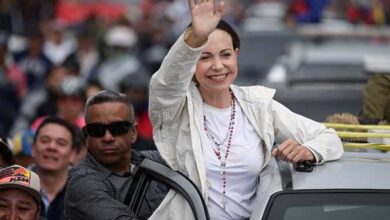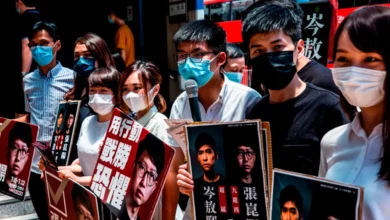Inheritance of political power is undemocratic, according to the National Democratic Party’s (NDP) media secretary, Ali Eddin Helal.
In a forum held at the American University in Cairo under the title “How to Transform the Egyptian political system: Yesterday’s heritage and tomorrow’s horizons,” Helal talked about how, throughout Egypt’s history, the ruler has been the predominant figure, the capital controlled Egypt’s other provinces, and the executive authority held sway over the legislative authority.
According to Helal, the most important and democratic outcome of the current debates on change would be to achieve a transformation from a regime where there is one single player to one where there are multiple players.
Helal said that Egyptians aren’t interested in the conflicts between political parties and the elite, but rather tend to seek to satisfy certain family and religious demands. People will protest if their livelihoods or honor are threatened, he explained, and they will demonstrate to build a mosque or church.
In discussing his book The Egyptian Political System from 1981 to 2009, Helal commented that the percentage of Egyptians targeted by the NDP, the Muslim Brotherhood and Mohamed ElBaradei– former chief of the International Atomic Energy Agency and potential contender in the 2011 presidential election–represent a mere 20 percent of society. According to Helal, 80 percent of Egyptians above 18 years of age do not involve themselves in politics.
Helal said he refuses to live in a society where the police control everything. “Why then is there chaos in the streets and such a lack of respect for the law?” he questioned.
Translated from the Arabic Edition




